Researchers Celebrate Return of Animal Almost Four Centuries After it Went Extinct
Researchers are celebrating after observing several formerly extinct Eurasian beavers thriving in a region of England for the first time in almost four centuries.
The beavers, showing remarkable adaptability, are slowly becoming accustomed to living in the wilderness of England. Researchers, in awe of their resilience, are hopeful that they will slowly begin to reproduce and populate the region.
Eurasian Beavers in Britain
For thousands of years, the Eurasian beaver roamed Britain’s countryside and wet marshlands. This large aquatic mammal, with a wide, leathery tail and thick fur, is one of the largest rodents in the world.

Source: Wikimedia
Unfortunately, by the start of the 16th century, beavers were all but extinct in Britain due to extensive overhunting, and their absence had a lasting effect on the landscape.
The Role Beavers Play in the Ecosystem
The Eurasian beavers played a pivotal role in the wetland ecosystems that exist throughout Britain, providing a haven for insects, mammals, and plants.

Source: Wikimedia
With their iron-enriched teeth, they create complex pools perfect for aquatic life. Their relentless cutting back of trees opens up the canopy, allowing light to reach the ground, creating patches of vegetation that provide sustenance for birds and insects.
Beavers Are Reintroduced to England
Back in 2018, a pair of beavers were reintroduced to the Forest of Dean in a closed trial, which allowed researchers to carefully monitor their impact on the surrounding religion.
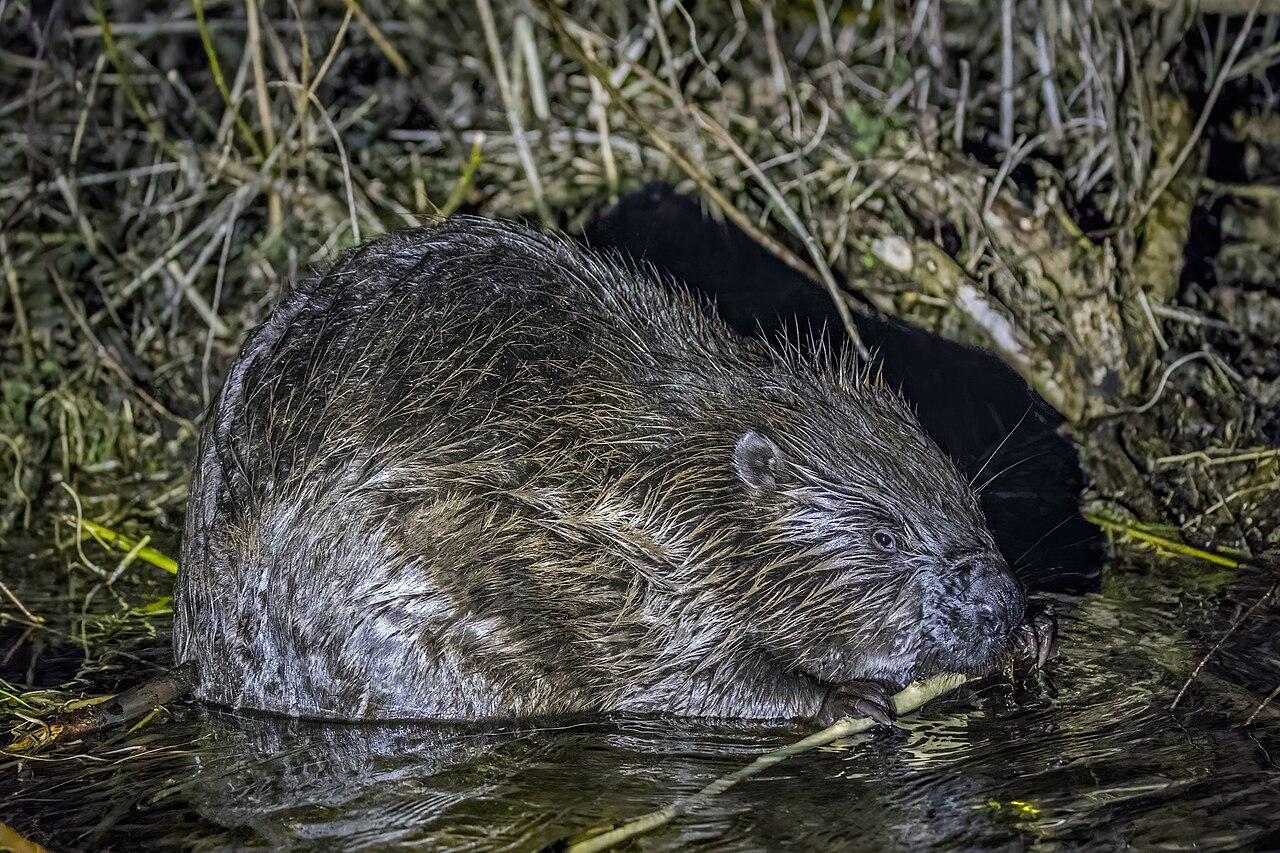
Source: Wikimedia
More recently, four beavers were released into the Wallington estate in Northumberland last year, marking the first time the rodents have roamed the region in over 400 years.
The Birth of a Baby Beaver
After carefully watching the beavers, researchers noted they have been busy constructing new dam systems, canals, and burrows. However, what excites the researchers the most is the arrival of a baby beaver.

Source: Wikimedia
According to an expert on the rodent, Heather Devey, the researchers could not discern whether the baby was a male or female. “They are really hard to sex. It’s really only through their anal glands that you can tell,” she added.
Beavers Begin to Have a Positive Effect on the Estate’s Environment
The National Trust has not yet inspected the young beaver, but they did mention that the beavers have settled well into the Wallington estate and are already positively affecting the landscape.
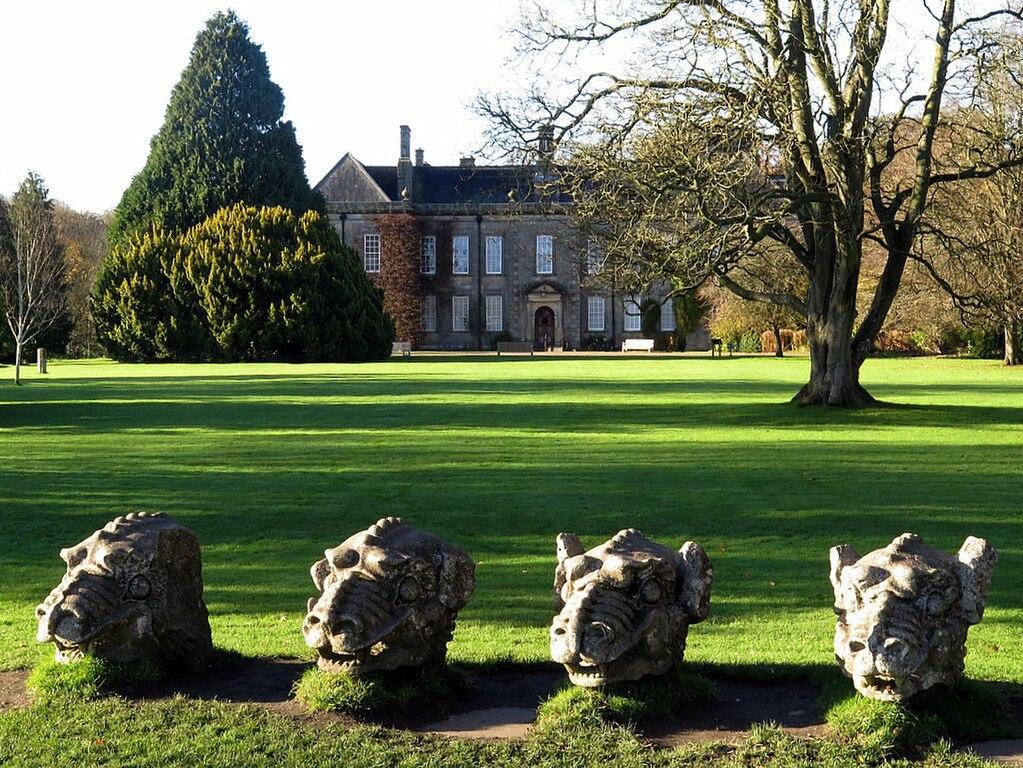
Source: Wikimedia
According to Paul Hewitt, the countryside manager for the trust at Wallington, the beaver’s impact on the environment is “astonishing.”
Estate Manager Claims He’s Learned a Great Deal About Beavers Over the Past Year
Hewit explained that he learned a significant amount about the rodents during their one-year stay on the estate and has gained a true appreciation for their positive effect they have on the environment.
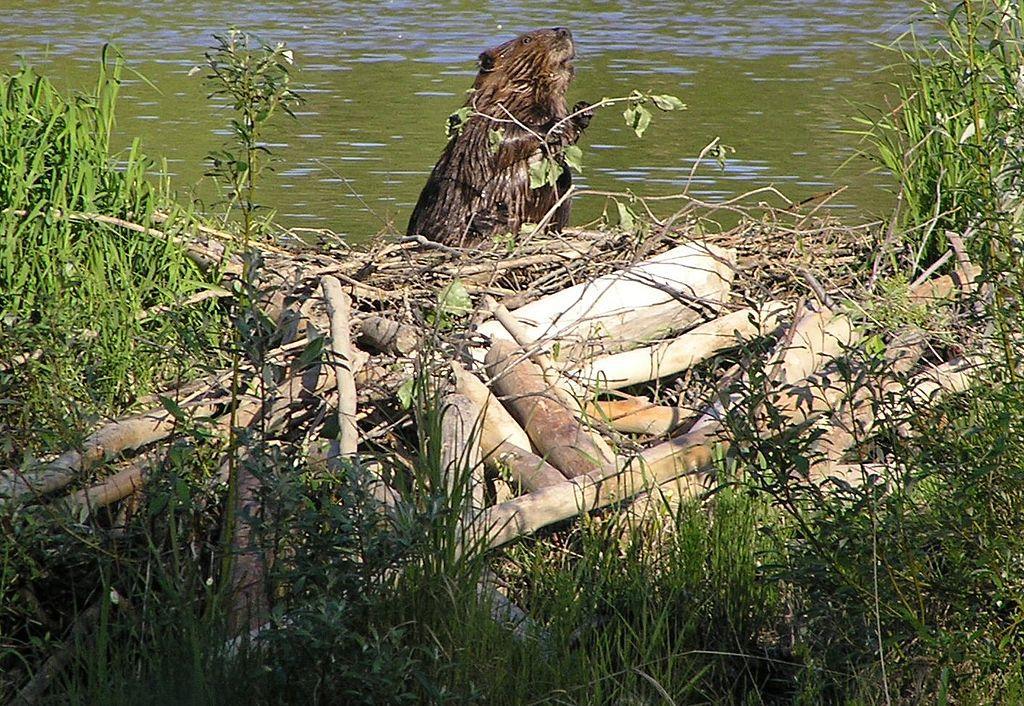
Source: Wikimedia
“This time last year, I don’t think I fully knew what beavers did. Now I understand a lot more and it is a massive lightbulb moment. It is such a magical animal in terms of what it does,” he said.
The Beavers Get to Work in the Estate
Despite only two beavers doing all of the work, they have managed to drastically alter the water levels due to the creation of wildlife-rich wetlands.
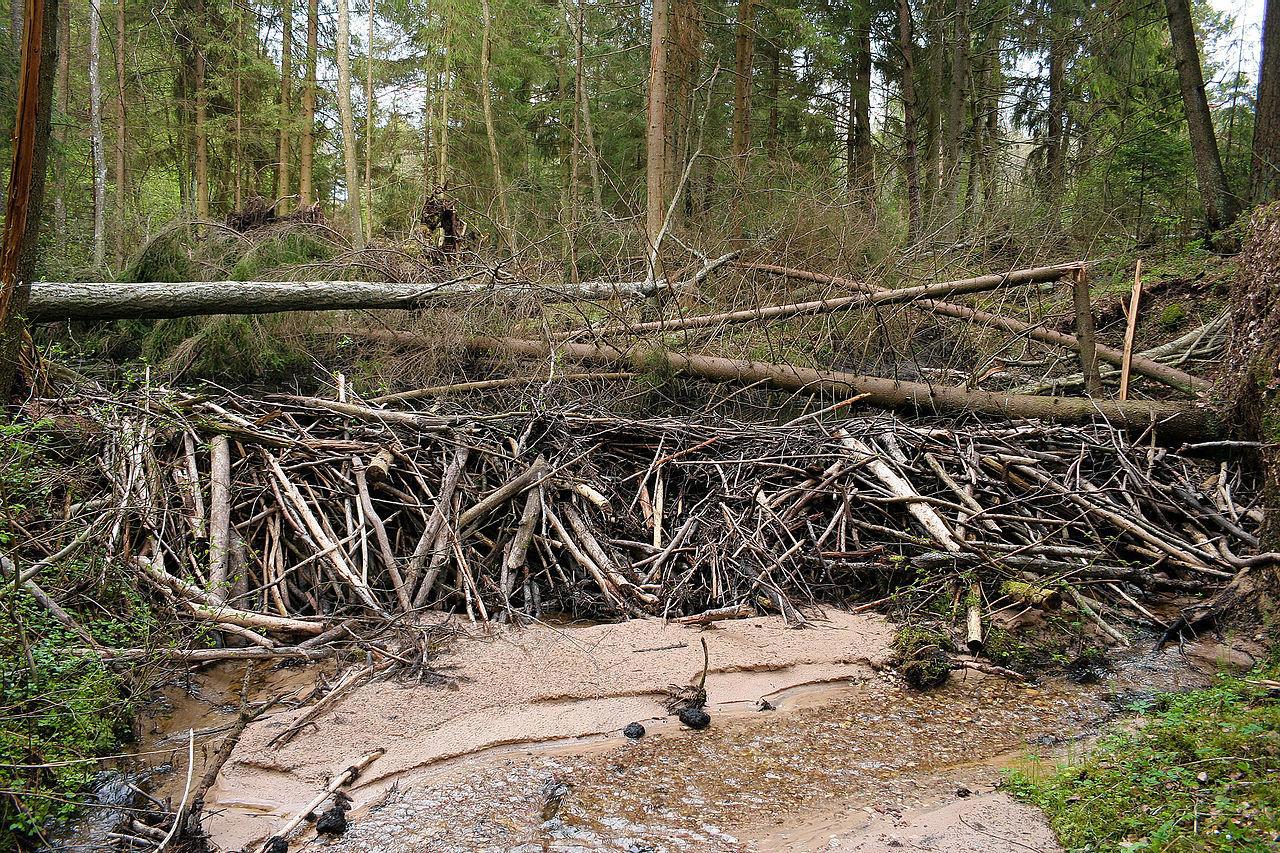
Source: Wikimedia
Hewitt, who often wanders the estate, has noticed the creation of dams, ponds, pools, and mudscapes, all of which cover a portion of land around half the size of a football field.
Wildlife Returns to the Estate's Land
The beavers’ positive influence has led to a surge in wildlife within the estate. Grey herons, kingfishers, and Daubenton’s bats have all been spotted, and they come to feed in the pools and ponds.
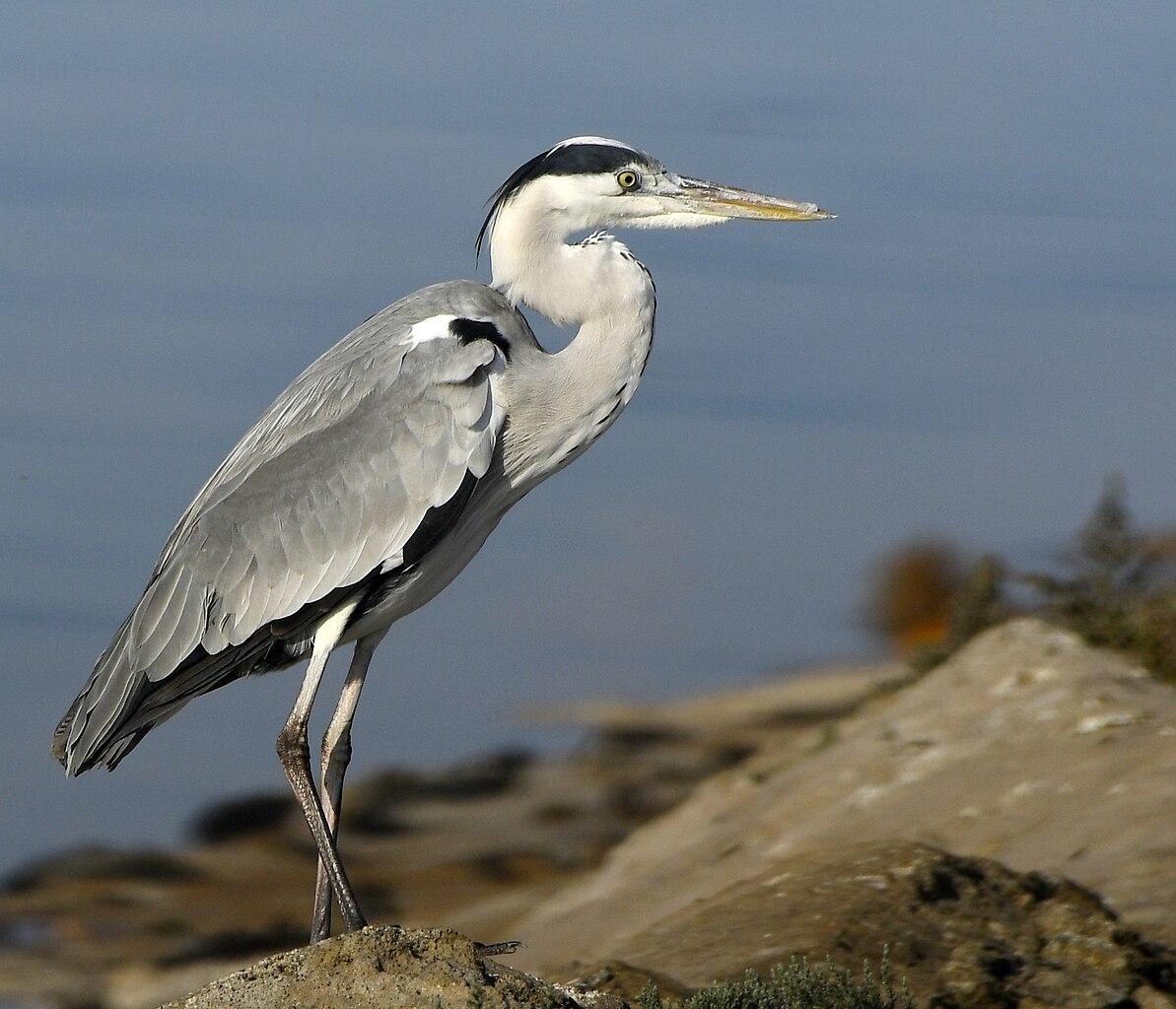
Source: Wikimedia
Regarding the beavers, Hewitt added, “They have been gone for 400 years, and you soon realize what we have been missing as a result.”
Beavers Provide Resilience to Climate Change
The positive effect the beavers have had on the Wallington estate is seen as a beacon of hope that such projects could persuade other groups in the United Kingdom to reintroduce beavers in much larger projects, promising a brighter future for our environment.
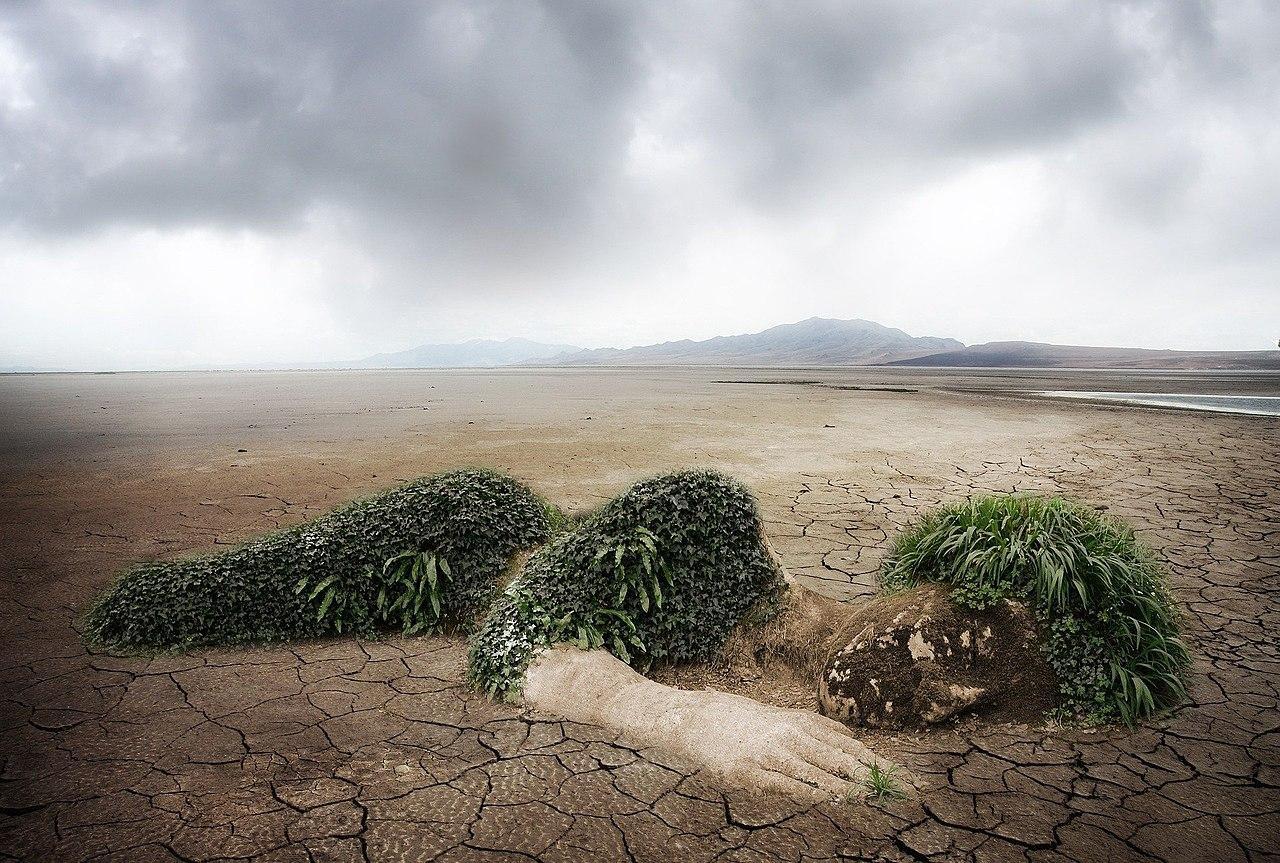
Source: Wikimedia
Some wildlife conservatives have even claimed that the difference beavers can make to local ecosystems could increase a region’s resilience to the effects of climate change.
This Is Why Beavers Are Great
Devey co-founded the non-profit group Wildlife Intrigue, which has organized several beaver safaris at Wallington.
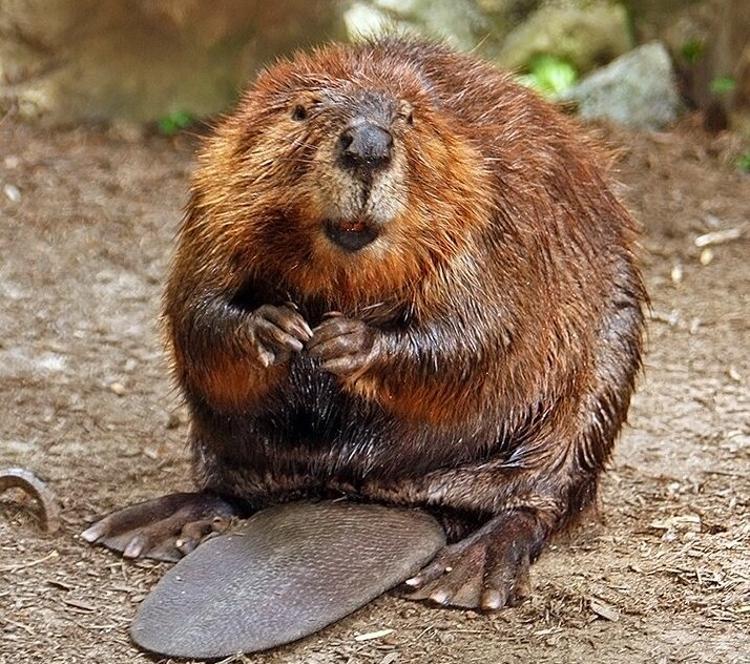
Source: Wikimedia
“That’s why beavers are great. There is so much understandable doom and gloom around – we’re in a climate crisis, a biodiversity crisis – but beavers provide a really positive outlook for the future; they can become an ally,” she said.
River Anarchists
Hewitt finished by explaining that the reintroduction of beavers in Northumbria is one of his proudest achievements, and he will continue to work towards ensuring everyone knows how essential these rodents are to the ecosystem.
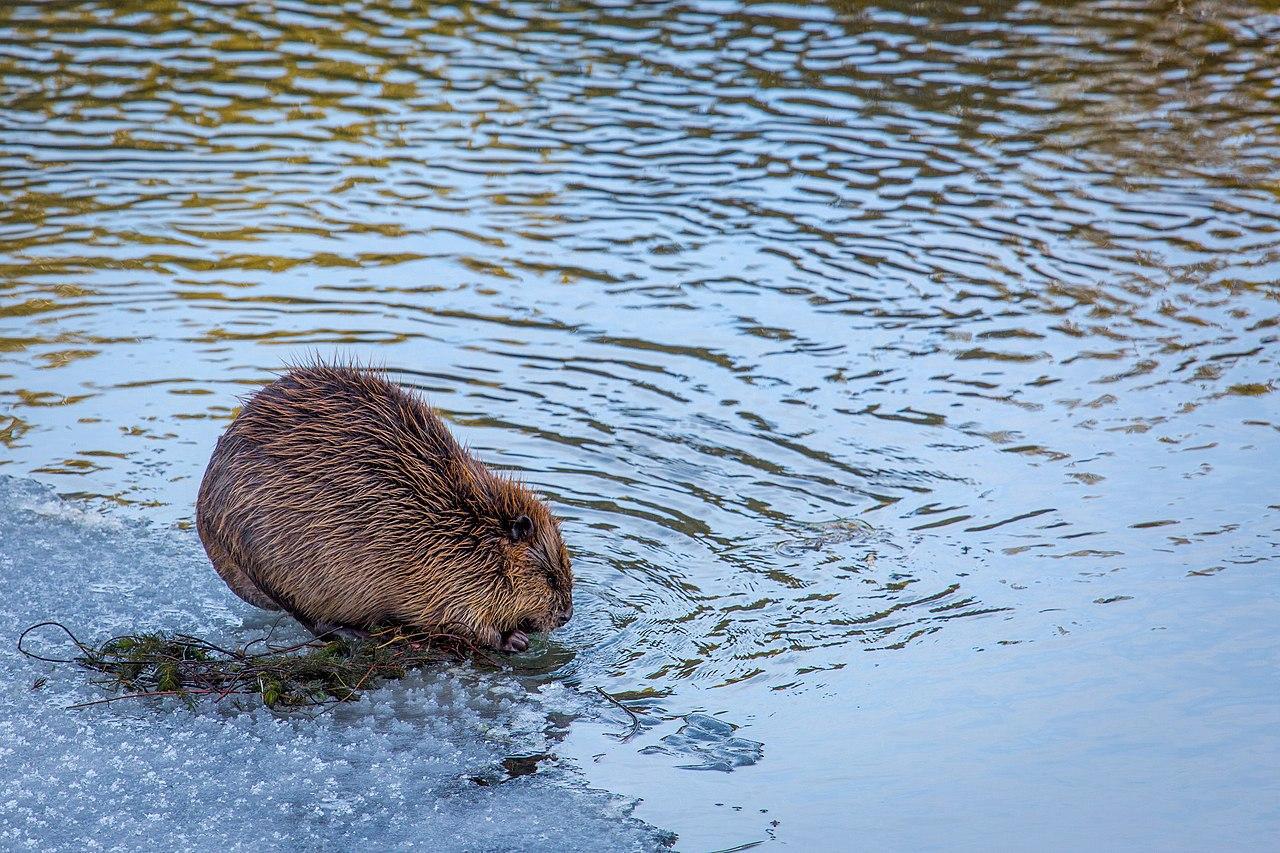
Source: Wikimedia
“Beavers are changing the landscape all the time; you don’t really know what is coming next, and that probably freaks some people out,” he said. “They are basically river anarchists.”
